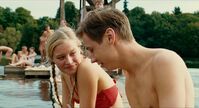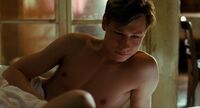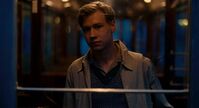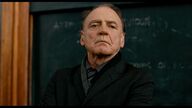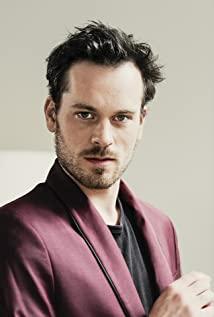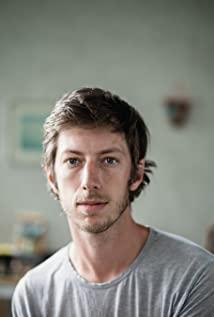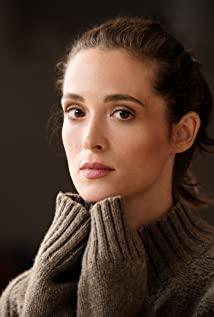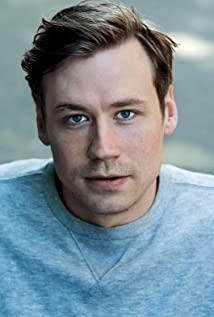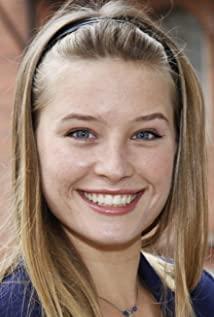A lot of people fooled me into thinking that this film was a tertiary film. To be honest, the first half is indeed similar. But by the time Machael heard henna's voice in court around the end of the first half, it was time to prepare tissues for the second half.
From the perspective of life experience, although my generation also had the coming-of-age ceremony in 1989, there were basically no gaps. My parents were lucky enough to escape going to the mountains and the countryside. As college graduates before the Cultural Revolution, they experienced far less cruelty than my uncles, uncles, and uncles. The era that can be compared with "Life and Death Reading" is our grandfather's generation, that is, the days of the 8-year Anti-Japanese War. Mr. Lao She's "Four Generations Together" is a classic. Many people my age have only watched TV series. I strongly recommend you watch the original.
"Four Generations Together" has a classic background. Lao She borrowed it from Mr. Qi to express: I didn't expect that we would survive 8 years, and I didn't expect that we would have to pay such a price. In the past, like the British-French Allied Forces and the Eight-Power Allied Forces in the Gengzi Year, Peiping was still the same Peiping.
Likewise, Lao She, who can write such subtexts, fell into the lake when he started exercising.
Anyway, what does "the reader" want to express at the end, there are probably a thousand interpretations for a thousand people, this is the charm of art. What I want to express is actually very simple, take a look, cry and cry, think about it, you can live without hyphenation, but you must follow my heart; your life has been hyphenated, and you must be worthy of it basic moral values. Although there are thousands of people, I will go.
View more about The Reader reviews



